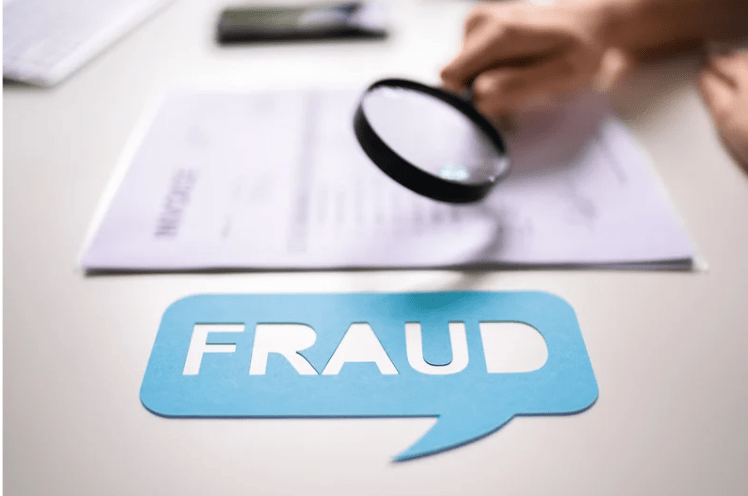Table Of Contents
Since 2009 the number of vets who receive veterans disability benefits for sleep apnea as a service-connected disability has increased almost 150%. In 2010 USA TODAY noticed an increase, claiming that 63,118 veterans were receiving benefits for the condition. In 2013 there were 127,713 veterans rated at 50%!! If we were just to assume they were single with no dependents, that would be around $1.25 billion for just the year.
What is Sleep Apnea and How Does it Affect Veterans?
Sleep apnea is a condition where a person’s breathing is interrupted while sleeping. This interruption causes the person to toggle back and forth between deep and light sleep. The end result is typically the person has excessive daytime sleepiness because the sleep quality is so poor. Snoring is one of the symptoms of sleep apnea.
The need for a Continuous Positive Airway Pressure (CPAP) machine automatically results in a 50% disability rating. This is why so many veterans are at 50%. The machine and its mask increase air pressure in the throat to prevent the airway from collapsing. Because this is a common, yet effective, way to treat the condition, this is why so many veterans are rated at 50%. I wrote in August about how there is an effort to adjust the rating schedule so that the need for a CPAP was no longer an automatic 50%.
Officials at the VA are citing veterans of Gulf War I or the Afghanistan and Iraq wars as the reason for the huge influx of claims. In fact, more than 94% of the new claims are from this specific demographic. One explanation is that there simply may be an increased awareness of the condition. Better record keeping in the last 2+ decades may show that the veterans were complaining of the symptoms while in service.
Just because a person has trouble sleeping, it does not mean they have sleep apnea
Excessive worry, bladder problems, nightmares, pain, etc., may all cause someone to toss and turn at night. I have had many veterans inquire with me about a sleep apnea claim because they have “trouble sleeping.” This is different from an actual sleep disorder. Unless there is an actual restriction in airflow while sleeping, it is not sleep apnea. That is why people cannot really self-diagnosis themselves with the condition. No one really knows how they are breathing while they are asleep. Usually it takes a friend or family member to notify you that they are being awakened by your loud snoring.
According to the National Institutes of Health, about half of Americans with the condition are overweight, though simply getting older can be a contributing factor. And it is not just daytime sleepiness that you should be worried about. Untreated, sleep apnea can cause more serious issues like heart disease.
Links Between Combat Stress and Sleep Apnea
Now just because you might be diagnosed with sleep apnea, it does not mean it is related to service. For the most part you must have documentation of diagnosed sleep apnea or the symptoms associated with it while on active duty. If the documentation does not exist and you just want to say you had trouble sleeping 10 years ago while you were on active duty, do not waste your time. However, there is some research that is starting to support the idea that there is a link between combat stress and sleep apnea.
If you or someone you know has been diagnosed with sleep apnea, or you suffered from its symptoms while on active duty, contact an experienced advocate at Veterans Help Group to see if a claim for sleep apnea is something to pursue.

Sleep Apnea – What to Know If You Were Exposed to Burn Pits
Sleep Apnea - What to Know If You Were Exposed to Burn Pits Recently, the passage of the PACT Act...

Is My VA Disability Considered Income?
Is My VA Disability Considered Income? Disabled veterans benefits can provide a critical source of...

VA Caregiver Support Program: What Veterans and Families Should Know
VA Caregiver Support Program: What Veterans and Families Should Know Written by Adam Zider: Senior...





